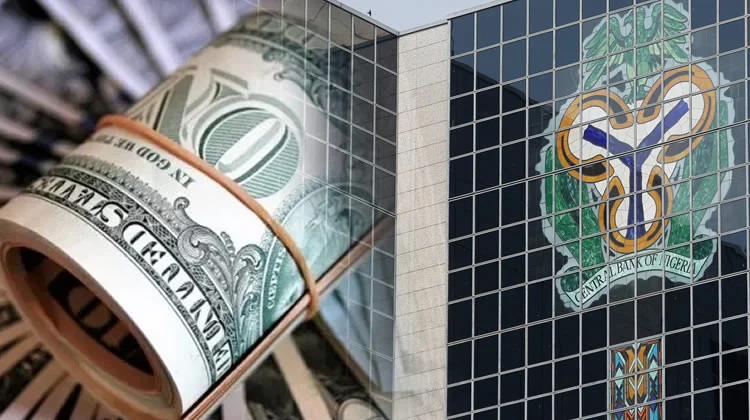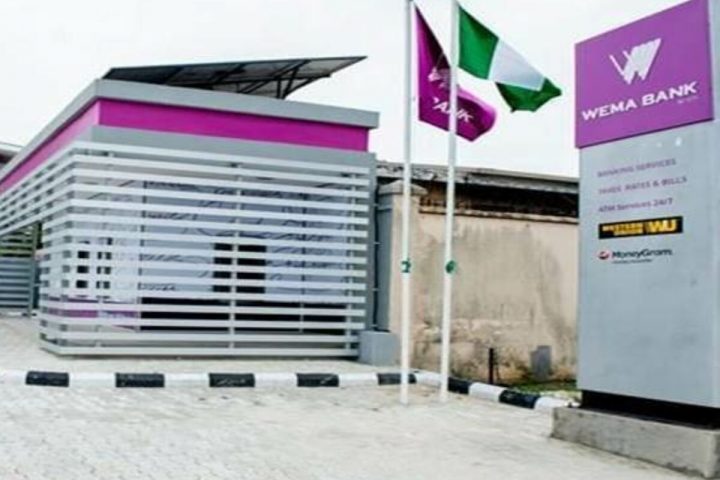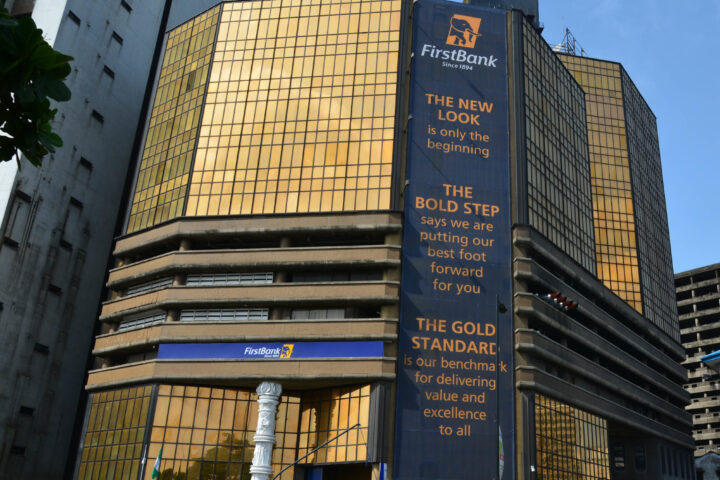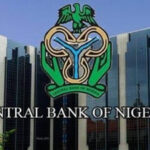In the year 2022, Naira has had to fight against negative projection, strong dollar speculators, hoarders and the flip-flop policies of the Central Bank of Nigeria (CBN). Judging by the exchange rate as of Wednesday, speculators are still winning.
Although the naira has resisted the projection that its exchange value to the United States dollar will close the year at N1,000, it has devalued by 7.96 per cent in the official market and 31.39 per cent in the black market.
Join our WhatsApp ChannelPrime Business Africa reports that the exchange rate started 2022 with N422.67/$1 at the official window, below the N435/$1 with which it ended 2021. However, dollar rate has risen by N33.66 to N456.33/$1 between January to December 2022.
In the black market, the exchange rate has risen by N178 in the last 12 months, having started the year with N567/$1, above the N565 it closed 2021 with, but traded at N745/$1 as of Wednesday.
The fall of naira led to the gain of speculators hoarding the dollar in hope that the dollar will extend its winning streak against the Nigerian currency.
How CBN helped hoarders win big against naira in 2022
The Central Bank of Nigeria (CBN) was created to regulate the naira and help sustain its value against foreign currencies, to make it valuable to citizens.
While the apex bank have been rolling out policies in line with its responsibility to defend the local currency, the policies have been favouring the foreign currency like the dollar, which is the global currency benchmark.
As a result, many citizens have seen the dollar as a more valuable asset to hold compared to naira, considering an individual that bought a dollar in January at N422.67 in the official market and kept it in the last 12 months has gained N322 if the USD is sold at the black market at the rate of N745.
This means within 12 months, the hoarder or speculator recorded 76.2 per cent return on investment.
CBN policies that aided dollar speculators and dollar growth
Ban on forex sales to BDC: On July 28, 2021, the central bank stopped dollar sales to Bureau De Change (BDC) operators due to foreign exchange infractions which the BDCs denied.
The ban wiped off $20,000 weekly on the reserves of 5,500 BDC operators, resulting to dollar scarcity, and fuelling demand to overshoot supply in the parallel market.
With the BDC still struggling on finding ways to close the gap created by the CBN Ban in 2022, the dollar rate has shot through the roof, as few dollars are chased by many naira notes.
Muda Yusuf, the chief executive officer of Centre for the Promotion of Private Enterprise, had told Business Day that, “Excluding BDCs from forex has not helped. It has not been able to make any impact. Rather the situation has gotten worse.
“Naira depreciation has continued. We have not addressed the fundamental issues.” Yusuf made this known in August.
Naira redesign: In its war against dollar speculators and hoarders of naira, the central bank unleashed what has become a controversial policy, which is the redesign of the naira.
This decision was reached to compel persons hoarding naira bring it out, as N2.73 trillion out of the N3.23 trillion currency in circulation are outside the vaults of commercial banks.
However, the decision has back fired, has the BDC operators revealed that the policy has resulted to rush for dollar as hoarders look to beat the deadline of January 31, 2023, when the old currency becomes illegal.
As a result, the number of naira notes chasing the dollar has increased, forcing the value of the USD to rise against the Nigerian currency, helping the American greenback to maintain its premium rate in the black market, and strengthening in the official market.
Confirming this is the former deputy governor of the central Bank, Kingsley Moghalu, who said, “people who are holding huge amounts of cash outside the banking system for nefarious reasons will go the parallel forex market to buy hard currency, putting further downward pressure on the value of the Naira as too much Naira will be chasing too few dollars.”
Cash withdrawal limit: While on the surface, this policy was not meant to affect the dollar rate, it contributed to weakening the naira. It also fuelled the rush for dollar.
According to the President of the Association of Bureaux De Change Operators of Nigeria (ABCON), Aminu Gwadabe, the policy was a contributing factor.
“One of the unintended consequences of the cash withdrawal limit is the return of public rush to substitute their naira to greenback which is putting pressure on the exchange rate of the local currency before the effective date,” Gwadabe said.
More losses for naira in 2023?
Next year, the country will usher in another administration, with either Peter Obi, Bola Tinubu, or Atiku Abubakar taking over the seat of the President in Aso Rock, Abuja, in February.
These three are coming in with their individual economic policies, but one thing that unifies them and assures of naira devaluation in 2023 is their joint stand that multiple exchange rates regime must end.
Prime Business Africa had analysed their position on multiple exchange rate and learnt that it will lead to the biggest naira devaluation in recent years if they keep to their assertion.
As a result, dollar speculators could continue to bet against the naira, resulting to increase in hoarding of USD after the January 31, 2023 deadline that will illegalise the old naira.
Creating a single exchange rate market will cause the value of dollar to rise above N500, with demand and supply likely to raise it further.
















Great article summarized in one readable take all the incoherent and ill-conceived monetary policy takes of emefielenomics – 2022 edition
I pray there’s no 2023 edition